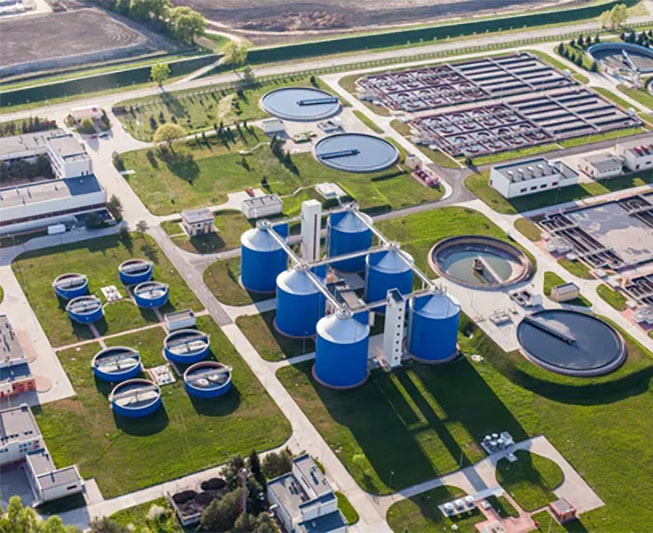- krofta@kroftaengineering.com
- Durga Bhavan A-68, FIEE Complex, Okhla Industrial Area Phase – II, N.D – 110 020
Food & Beverage
How can we help
- Krofta can provide primary treatment and sludge de-watering systems to remove various contaminants from the effluent
- We can provide services such as maintenance of installed systems and re-vamping of existing ETPs
FOOD AND BEVERAGE
Wastewater treatment plays a crucial role in the food and beverage industry for several reasons. The industry generates significant amounts of wastewater containing various organic and inorganic contaminants, which, if not properly treated, can harm the environment and pose regulatory compliance issues. Here are some key uses and benefits of wastewater treatment in the food and beverage industry:
Environmental Protection:
- Compliance with Regulations: Proper wastewater treatment helps food and beverage companies comply with local, state, and federal environmental regulations, ensuring that they do not harm ecosystems or water sources.

Resource Conservation:
- Water Reuse: Treated wastewater can often be reused within the facility for non-potable purposes such as cooling, cleaning, or irrigation, reducing the demand on freshwater sources.
Cost Reduction:
- Lower Disposal Costs: Treating wastewater on-site can reduce the costs associated with transporting and disposing of untreated wastewater at municipal treatment plants.
Improved Sustainability:
- Reduced Environmental Footprint: Effective wastewater treatment contributes to a company's sustainability efforts by minimizing its impact on natural resources and reducing its carbon footprint.
Enhanced Product Quality and Safety:
- Regulatory Compliance: Meeting wastewater discharge regulations ensures that the food and beverage company's reputation remains intact, preventing potential damage to brand image.
- Product Quality: Treating wastewater properly can indirectly affect product quality by ensuring a clean and safe working environment.
Pollution Prevention:
- Removal of Contaminants: Wastewater treatment processes remove contaminants such as organic matter, suspended solids, nutrients, and pathogens, reducing the risk of pollution to natural water bodies.
Water Management:
- Water Efficiency: Treating and reusing wastewater helps companies manage their water resources more efficiently and reduce their dependence on external water sources, which can be particularly important in areas with water scarcity issues.
Compliance with Food Safety Standards:
- Hazard Control: Proper wastewater treatment can help control potential hazards related to contamination and ensure compliance with food safety regulations.

